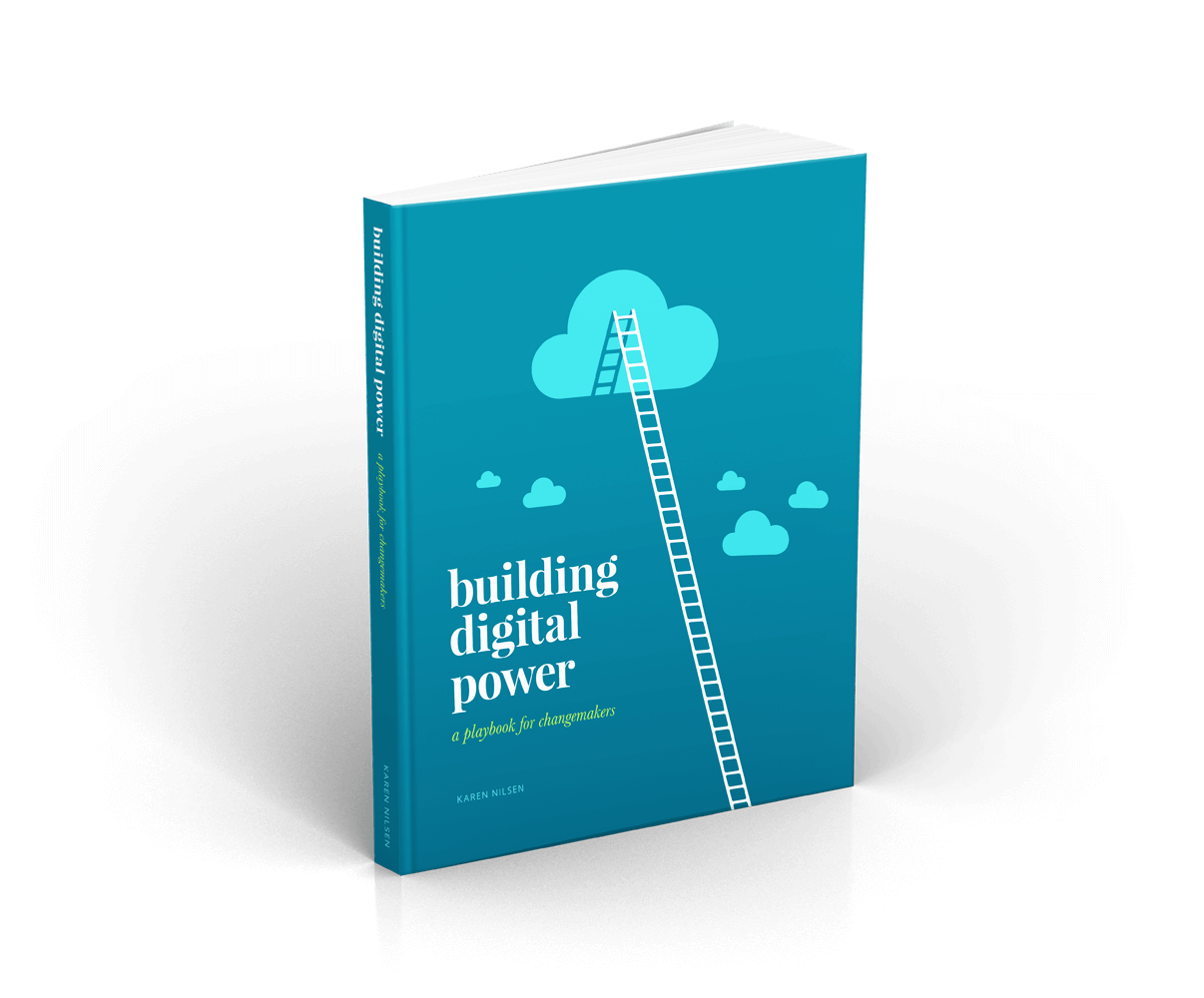A Beginner’s Guide to Digital Pipelines
Think of digital pipelines as pathways that lead your supporters down progressively deeper levels of engagement. Without designing your pipelines intentionally, your supporters may still engage, take action, and donate. However, with intentional design, pipelines will help more of your supporters make more of these leaps more often.
To get the most from pipelines, you’ll need to first have a handle on your audience profiles. We’ll use profile data to help design your pipelines. If you’re wondering what that means, don’t worry. I’ll entertain myself while you jump over to the beginner’s guide to digital profiling.
Up to speed on profiles? Great. For the purposes of this guide, we’ll use the D-V-A profile map. Yours might be a little different. That’s okay.
As a reminder, our aim is to move supporters from the outside rings towards the core of each engagement dimension. Each ring is defined by the specific supporter actions that align with that level of engagement.
Learn from data insights
When you mapped your activity data to your engagement rings, you probably already started to sense the pathways between actions that move supporters from one tier to the next.
Data mine your profiles and activity history to identify actions that are driving the biggest jumps in engagement. Also look for patterns that might be suppressing engagement. These insights can inform the creation of pipelines.
For example, you may notice a specific campaign that was more successful than others in inspiring long-term activists to become donors for the first time. Debrief on that!
You may also notice high-value factions within your base who are choosing to consistently support you in just one way. There may be a big segment of committed action takers (who never donate) and people who donate regularly (but refuse to sign petitions). This should be expected; people with different personalities, interests, and availability choose to ‘give back’ in different ways. ‘Siloed’ pipelines can maximise the impact of these high-value factions by reinforcing their preferred form of engagement.
We can also use data insights to design pipelines that create optimal opportunities for ‘bridging’ pipelines that reach across different dimensions of engagement.
Keep learning.
Free eBookPipelines in action
All this sounds great in theory. Let’s look at pipelines in practice. Here are a few basic siloed pipelines you might come up with using a D-V-A profiling scheme:
Donor pipeline (D):
Petition signer > One-time donor > Repeat donor > Monthly donor > Upgraded monthly donor or bequestor
Living by example pipeline (V):
Petition signer > Meat-reduction pledge > Veg starter Kit > Vegan Pledge > Sustained content sharer
Online activist pipeline (A):
Petition signer > Repeat action taker > Sustained action taker > Digital volunteer
Community organiser pipeline (A):
Petition signer > Repeat action taker > Advocacy training > Community organiser
Eager supporters will jump steps or follow multiple pipelines at the same time. Let them. You’ll notice that pipelines often start the same way. Common starting points reflect your list-building entry points—in this example, petitions. Picture your starting points as the trunk of a tree with branching pathways leading towards more and more specific ends. At each node, you can progressively narrow the offers towards the pipelines your supporter is self-selecting for.
This approach helps you to pitch the most appropriate next steps to your supporter at the right time, maximizing conversion and minimizing fatigue. Once you’ve identified your primary pipelines, use manual segmentation or automated journey mapping (or both) to bring them to life. Supporters will need a mix of opportunity and encouragement to move through pipelines, as well as support to maintain engagement at specific levels.
Broaden your supporters’ horizons
If you design your pipelines well, you should notice more and more supporters heading down paths that are optimized for their interests. This will strengthen single dimensions of engagement. That’s great. But you won’t want to accidentally limit supporters who might be willing to do more. After all, when supporters engage on multiple levels, their commitment and loyalty to the organization deepens.
How can you encourage multi-dimensional engagement without over-asking? Use intuition, data insights, and testing to identify the best opportunities to maximize bridging pipelines to nurture engagement in different dimensions.
For example, a fundraising appeal to support a high-profile farmed animal cruelty awareness initiative might be well suited to inspire non-donor vegan advocates (D0-V3) to give for the first time. (D0-V3 → D1-V3)
Online activists who have shown little interest in meat-reduction (V0-A2) might have lower levels of awareness of routine farmed animal abuse, or maybe they lack the support they need to try something new. You may have resources you could share with these supporters to pique their interest in this direction. (V0-A2 → V1-A2)
Another way to encourage supporters to ‘cross the divide’ is to broadly share those pieces of communication that have done exceptionally well with smaller segments.
Was this tip useful?


Get a free weekly digital strategy tip:
Unsubscribe any time. We respect your data. View the privacy policy.
Like this tip? Share it!






